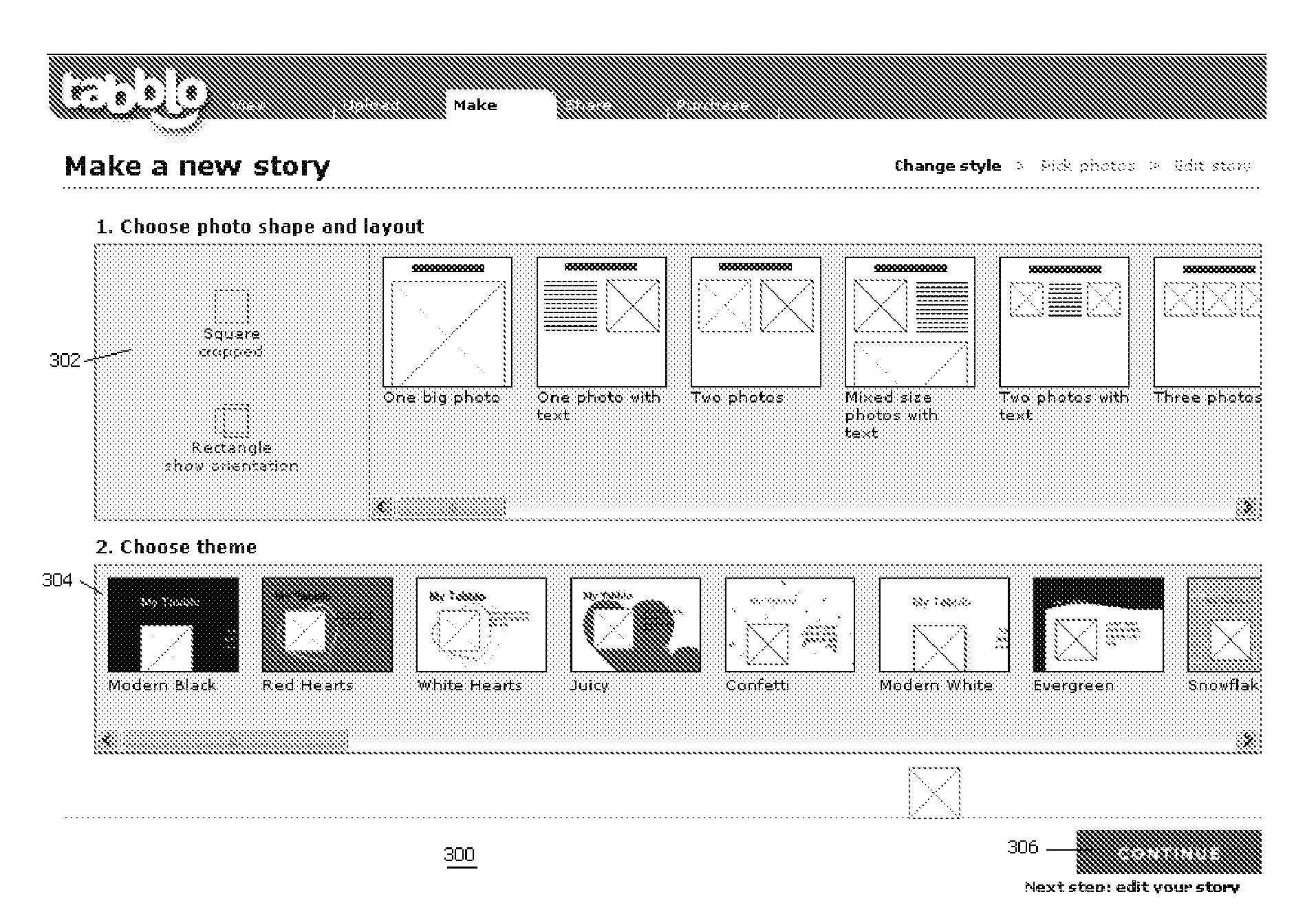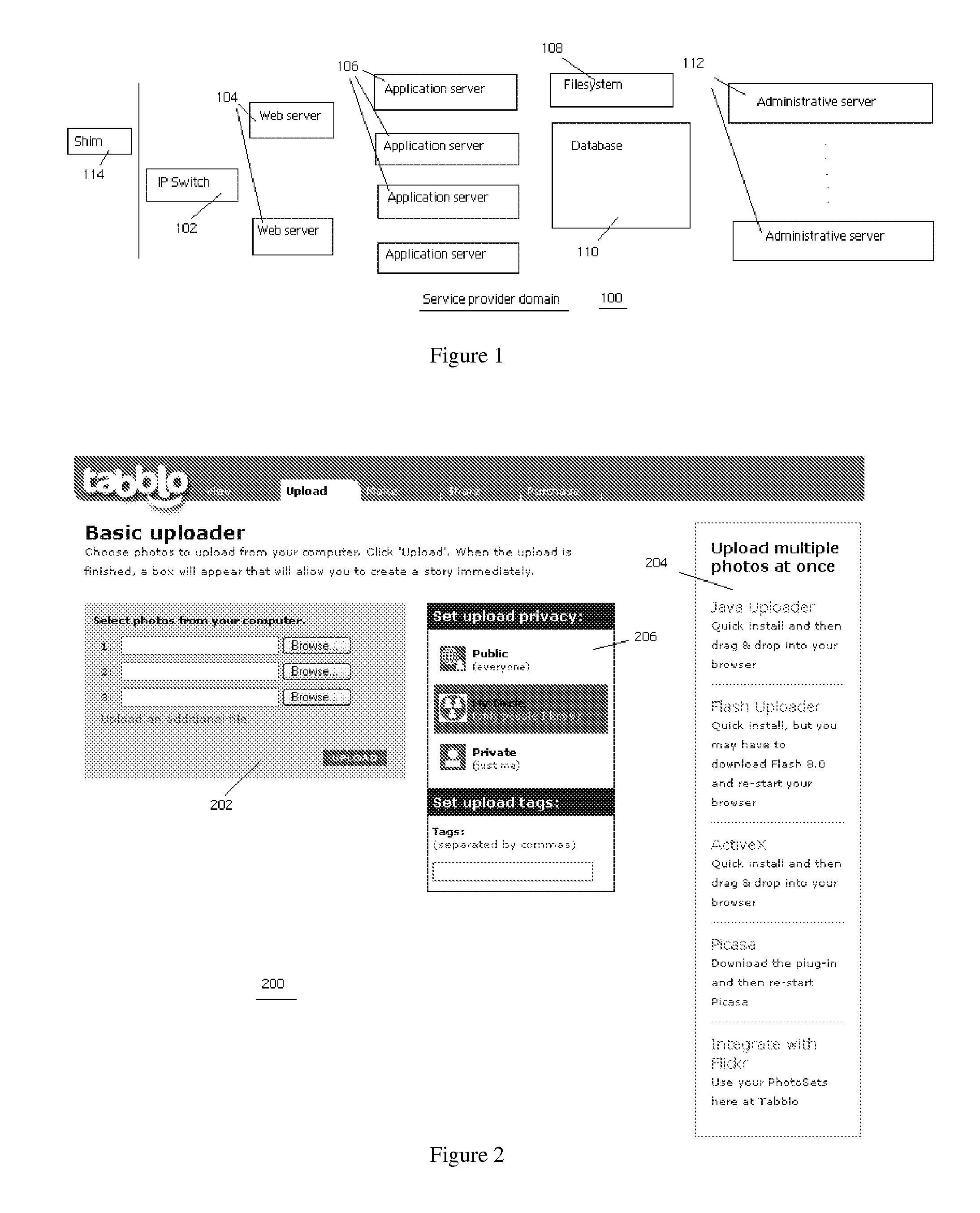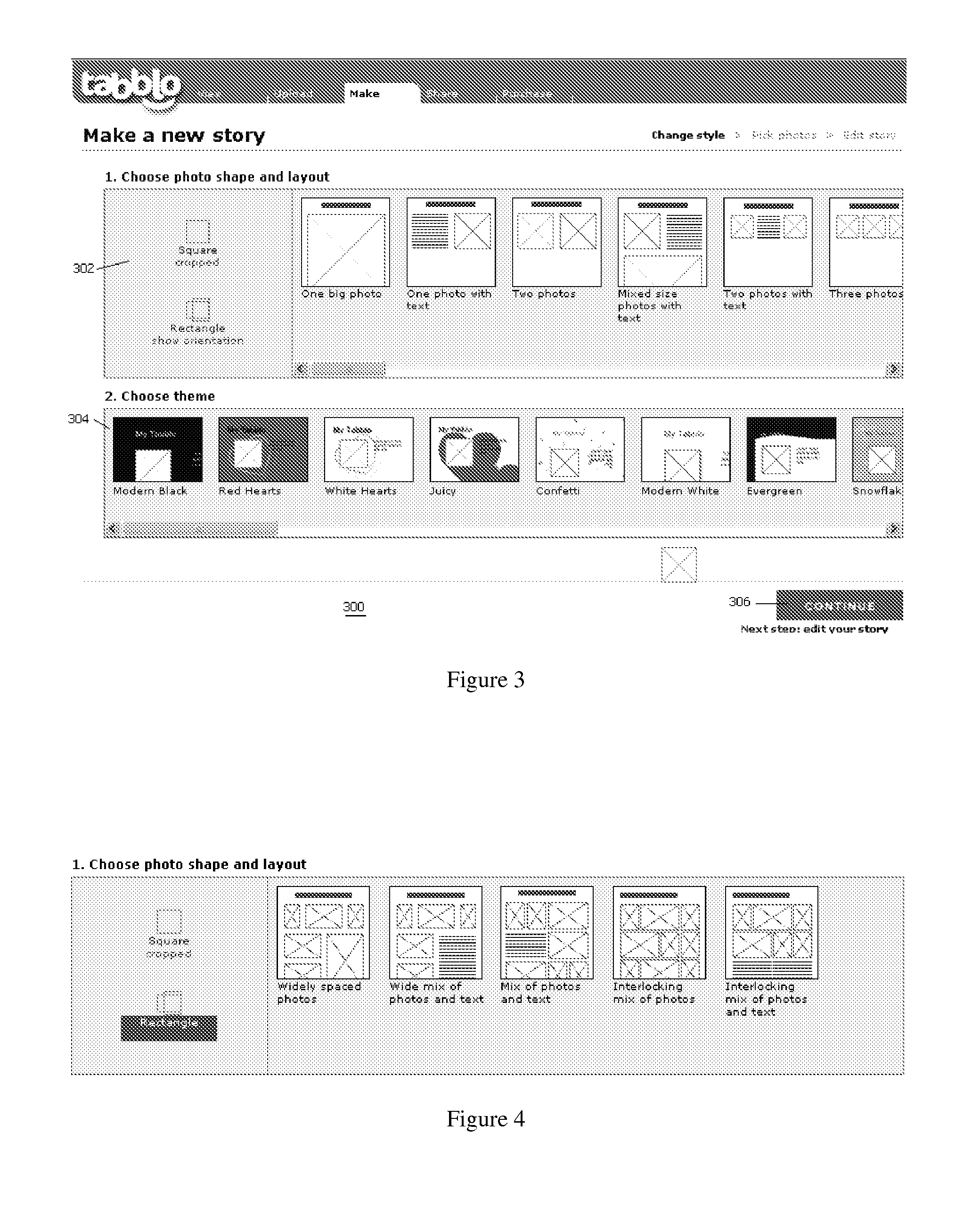Method and system for online transformation using an image URL application programming interface (API)
an application programming interface and image url technology, applied in the field of method and system for online transformation using an image url application programming interface, can solve the problems of not being able to afford multiple end users, prior art does not provide adequate tools or services, and prior art does not provide adequate solutions. achieve the effect of reducing storage costs
- Summary
- Abstract
- Description
- Claims
- Application Information
AI Technical Summary
Benefits of technology
Problems solved by technology
Method used
Image
Examples
Embodiment Construction
[0033]FIG. 1 illustrates representative system architecture for use in implementing the present invention. The architecture is implemented in or across one or more Internet accessible data centers as a web site (typically, a set of web pages) together with associated applications running behind the site. End users operate Internet-accessible devices (e.g., desktop computers, notebook computers, Internet-enabled mobile devices, cellphones having rendering engines, or the like) that are capable of accessing and interacting with the site. An end user machine has a web browser or other rendering engine that is compatible with AJAX technologies (e.g., XHTML, XML, CSS, DOM, JSON, and the like). AJAX technologies include XHTML (Extensible HTML) and CSS (Cascading Style Sheets) for marking up and styling information, the use of DOM (Document Object Model) accessed with client-side scripting languages, the use of an XMLHttpRequest object (an API used by a scripting language) to transfer XML ...
PUM
 Login to View More
Login to View More Abstract
Description
Claims
Application Information
 Login to View More
Login to View More - R&D
- Intellectual Property
- Life Sciences
- Materials
- Tech Scout
- Unparalleled Data Quality
- Higher Quality Content
- 60% Fewer Hallucinations
Browse by: Latest US Patents, China's latest patents, Technical Efficacy Thesaurus, Application Domain, Technology Topic, Popular Technical Reports.
© 2025 PatSnap. All rights reserved.Legal|Privacy policy|Modern Slavery Act Transparency Statement|Sitemap|About US| Contact US: help@patsnap.com



